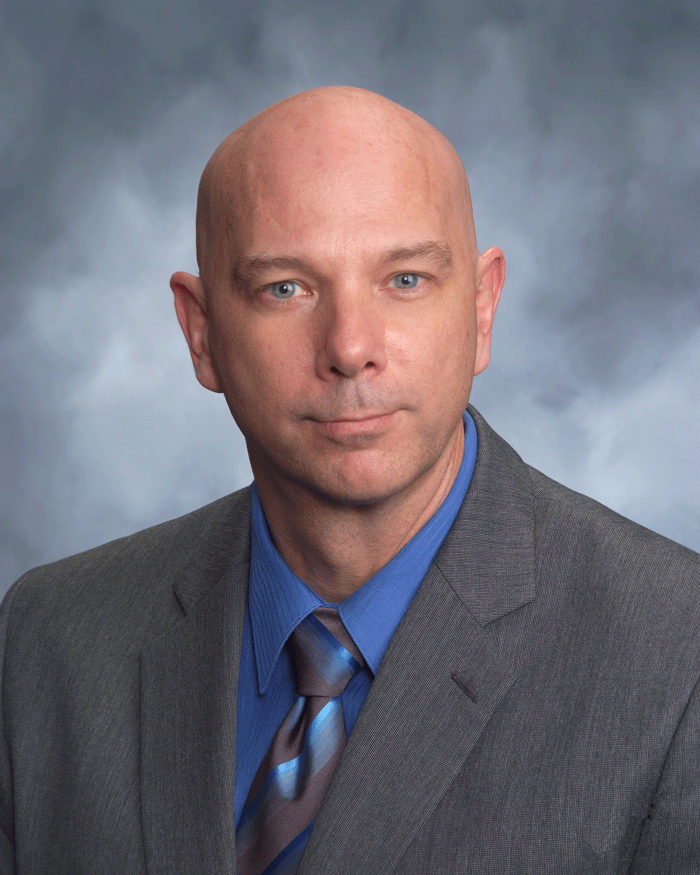
This is second in a series of ten summertime articles mapping the common ground upon which parents, educators, and communities can unite regarding one of the most divisive topics in America: public education.
Over my career, I have shared the stage with thousands of graduates, and I invariably run into a few after graduation. One encounter at the local athletic store stands out because it was the very next morning. He introduced himself, and we made some small talk about the ceremony, but finally, he just blurted it out, “I don’t know what to do!” Such is the AHA! moment of graduation.
Many students graduate with a plan of some sort, but many others live so passionately in adolescence that adulting sneak attacks them as they step onto the stage for their diploma, and they can barely walk. All graduates feel the weight of “What are you going to do after graduation?” It’s already a ton of bricks, so they really don’t need the constant reminder. (As if we all had a plan when we were eighteen!)
Parents feel the same way, so it is a moment of truth for them both. Parents invariably wonder if they prepared their children, and the newly minted graduates invariably wish they had paid more attention. Despite all our talk of generation gaps, none exists at this moment when both parents and graduates see the entire PK-12 educational assembly line with crystal clarity, and they realize that public schools are the most ambitious of factories: adult factories.
Of course, we extol the virtue of learning, the passion of the arts, and the thrill of competitions. We love the fun stuff, endure the hard stuff, and cuss the crazy stuff. Ultimately, however, graduates are our final product, and every parent and every child want the same outcome from that factory: functioning adulthood. Over the years, I have described this many ways, from college and career ready to career-bound citizens, but whatever we call it, we need adult-ready graduates.
Definitions of adult-ready vary greatly from child to child and from family to family, but parents and educators agree on the essentials more than they disagree. I suppose the 80/80/80 rule – 80% of parents and 80% educators agree on 80% of educational issues – applies to kids as well. No one has better clarity on this topic than a recent graduate or their parent because when we backward design school from graduation, education is a much simpler process. Remarkably, we can generally agree on a few core essentials.
Every child needs to graduate ready to enter the adult world to the best of their abilities. They may further their education, get a job, enter the military, or start a business, but they need to be ready for those next steps. They also need to be good neighbors who can fulfill their civic duties. They often kick and scream during the manufacturing process, but upon graduation, these things suddenly matter. More are ready than not because all that nagging from teachers and parents bubbles up just when they need it. If previous generations could pull it together, this generation can, too. (We were a hot mess back in the day, and we know it.)
And as for that terrified young man? Our discussion occurred at the athletic store where he had worked through high school, and I knew that any kid who shows up to work the morning after graduation would be fine. I eventually lost track of him, but he stepped into adulthood as we all did, with a little fear and trembling, and he figured it out. I have no doubt he is successful, perhaps even preparing to place his own children on the educational assembly line, wondering who they will be when they grow up. The simplest answer, from whatever perspective, is simple: an adult. Just imagine what our public schools could accomplish if we could start where we agree and work backwards to ensure graduates are truly adult-ready. If you doubt it is that simple, just ask a recent graduate.
Tom Deighan is a public educator and currently serves as Superintendent of Duncan Public Schools. He may be reached at deighantom@gmail.com